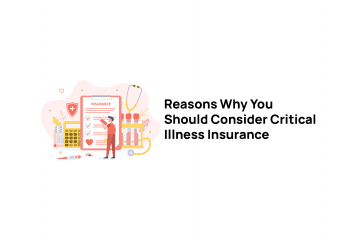Have you heard of critical illness insurance?
Medical advancements are astonishing. When you compare the procedures that are available today to the ones from 20 years ago, it is no wonder that more and more often people are surviving medical conditions that they never would have in the past. When you walk into an office in a small town in central Ontario and the staff is all undergoing training on how to run their on-site defibrillator, you can pause and be amazed by the wondrous world we live in. The presence of devices like these makes the odds of someone surviving a cardiac event considerably higher. This is awesome, but what happens to the person who experiences the event.
Obviously, this is a great thing… Being able to treat people medically so they can continue with their lives is one of the great advantages that we get today. It is these advances in treatment techniques that lead one of the most famous doctors in the world to ask insurance companies to help people that had suffered a severe illness. Dr. Marius Barnard, a South African heart surgeon who famously was part of the first ever human heart transplant surgery noted that he was able to heal people physically but could not help them financially. Dr. Barnard recognized that the link between the stress people faced due to financial hardship that often accompanied a cancer diagnosis, a stroke or a heart attack was creating more difficulties with survivors.
Dr. Barnard lobbied the insurance industry in South Africa to begin to provide coverage for those people that get sick but don’t die. In 1983, South Africa began selling Critical Illness insurance, an insurance plan that provides a lump sum benefit to a person diagnosed with a covered condition who doesn’t die. You may have heard the phrase that ‘Necessity is the Mother of Invention’. Critical illness insurance was invented by a doctor who saw the financial well being of his patients as a necessity as he was able to help them heal physically. Now critical illness insurance is available all over the world and is an important part of many people’s insurance program and financial planning.
Things evolve. In the insurance sales industry in the 1970’s people got life insurance in case they had a heart attack or stroke because most of the time that meant that you were going to die. With the advancements available as treatment options today, this is definitely not the case and you need to consider options that protect you financially if you get sick, but don’t die as well. Dr. Barnard recognized this need in his patients and his innovation made this valuable product available to you today.
Please contact us if you have any additional questions or request a quote on our website.




